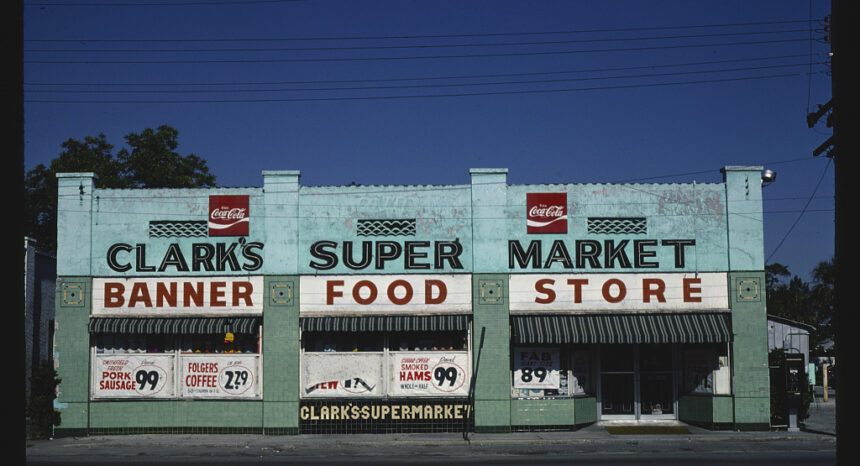When policy wonks call for the minimum wage to rise, they often discuss helping workers at the bottom of the income ladder, or address rising living costs and income inequality.
But a new working paper from the University of Zurich finds that the poorest workers, those earning minimum wage, pay the most for the increase.
The researchers look at supermarkets in the United States, which tend to employ many minimum-wage earners. Moreover, rather than studying the effect of a wage increase after it is implemented, the authors look at the moment when the legislation mandating an upcoming increase is passed — often months or years before the increase actually takes effect.
The authors use Census Bureau data on grocery prices collected in about 2,000 stores in 41 states between the years 2001 and 2012. They observe 166 increases in the minimum wage during this period (including both local and national legislation). Data from the Bureau of Labor Statistics helps the authors estimate how changes to the minimum wage impact grocery stores’ bottom line.
Findings:
- The average American household applies 11 percent of its expenditures to groceries. For the poorest fifth of households, that share is 14 to 15 percent.
- Grocery prices start to rise a month before minimum-wage legislation is passed and continue rising for three months after. During this period, grocery prices rise twice as fast as normal, even though the wage increase has not yet kicked in: “Due to the structure of minimum-wage laws, most increases are known long in advance and firms have ample time to act in anticipation.”
- This is known as a “price response” — the prices respond to the anticipated rise in wages.
- This price response at grocery stores alone offsets about 10 percent of the poorest employees’ average “nominal” gains (that is, gains on paper). In real terms — after factoring in inflation — the amount offset, or canceled, is even larger. After factoring in price responses elsewhere in the economy, more of the gain from the minimum-wage increase is erased.
- “Overall, the price response lowers the benefits of minimum wage increases, and makes them less redistributive in real than in nominal terms.”


Expert Commentary